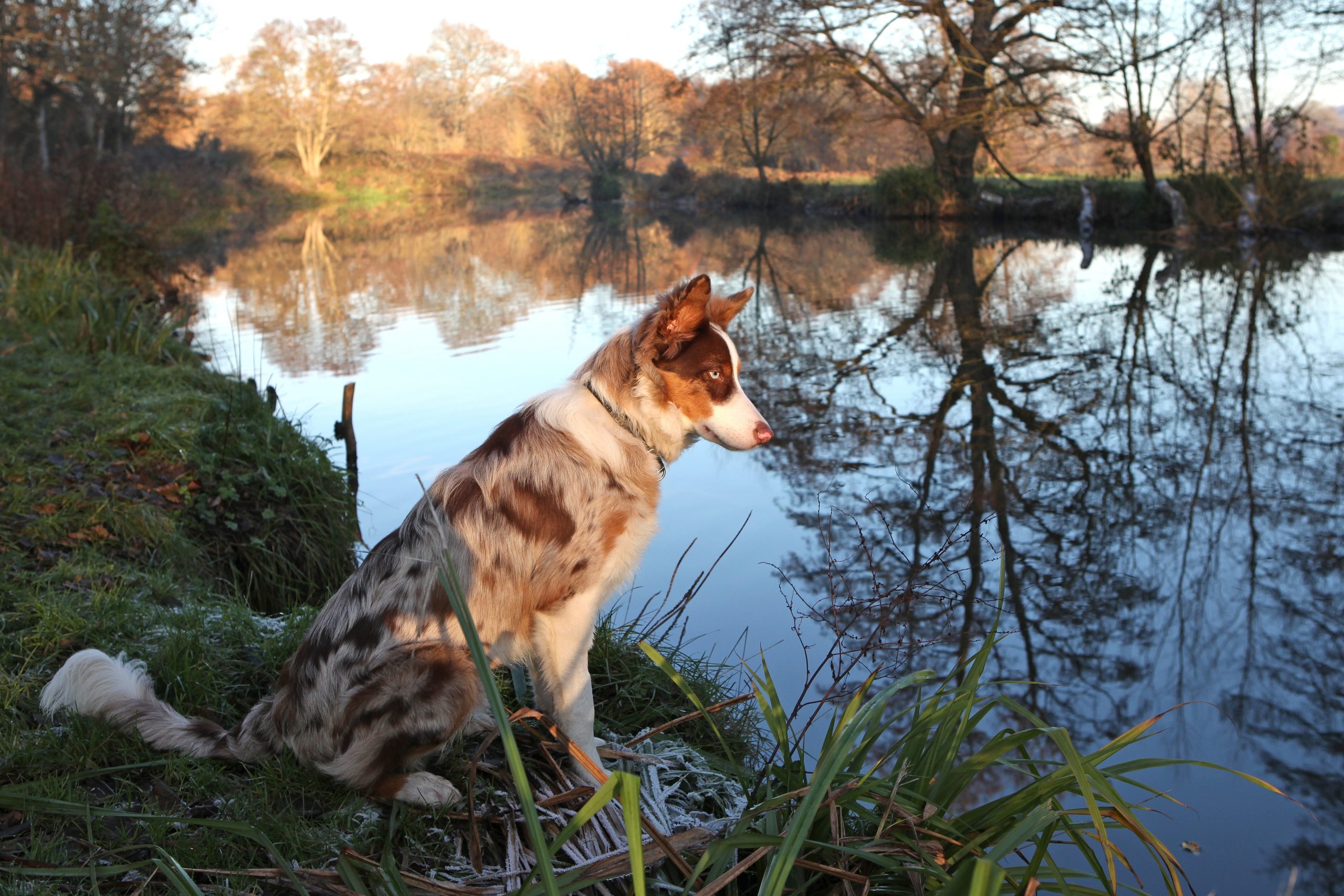Vets warned over pollution risk from flea treatments

Vets should limit the use of flea treatments containing pesticides on dogs and cats, scientists have warned.
The call come after a study by the University of Sussex and Imperial College London. revealed the vast amount of toxic substances in them that end up in rivers.
A study found pet owners using these flea treatments risk contaminating their hands with fipronil and imidacloprid, two insecticides, for at least 28 days after the treatment has been applied.
Dave Goulson, a professor of biology at Sussex who supervised the research, said: “These two chemicals are extremely potent neurotoxic insecticides and it is deeply concerning that they are routinely found on the hands of dog owners through ongoing contact with their pet. Pet owners will also be upset to learn that they are accidentally polluting our rivers by using these products.”
Vets often recommend regular flea treatments, even when dogs and cats do not have the pest, to prevent the insects from taking shelter in their fur. But the scientists say this could have drastic implications for wildlife, as the pesticides contained within the flea treatments can harm fish and invertebrates that live in waterways.
Goulson said: “I would argue that vets should stop encouraging dog and cat owners to use these treatments prophylactically. If an animal hasn’t got fleas, why would you treat it for fleas? The majority of use at present is simply not needed. Second, vets could encourage pet owners to wash the dog or cat bedding regularly – this is where the flea larvae live.”
The insecticides used in the flea products flow down household drains when pet owners wash their hands after applying the treatment. Wastewater from sewage treatment works is a leading source of fipronil and imidacloprid pollution in rivers, with concentrations exceeding safe limits for wildlife. Vet guidelines advise that pet owners should not touch their animals until the application site is dry, but the Sussex-Imperial research, which was published in the journal Science of the Total Environment, shows that pollution lasts for the product’s entire duration of action.
Fipronil and imidacloprid are widely used in flea treatments, which are typically applied to the back of the pet’s neck once a month, but no longer approved for use in outdoor agriculture. Imidacloprid belongs to a group of pesticides known as neonicotinoids.
Anna Judson, president of the British Veterinary Association, said: “Parasiticides play an important role in preventing and treating parasites in animals, which if left unaddressed can lead to bigger health and welfare issues in both animals and people … we encourage vets to consider the risks of an animal’s exposure to fleas or ticks when prescribing or recommending parasiticides, such as evaluating if a single house cat needs treatment at all.”







